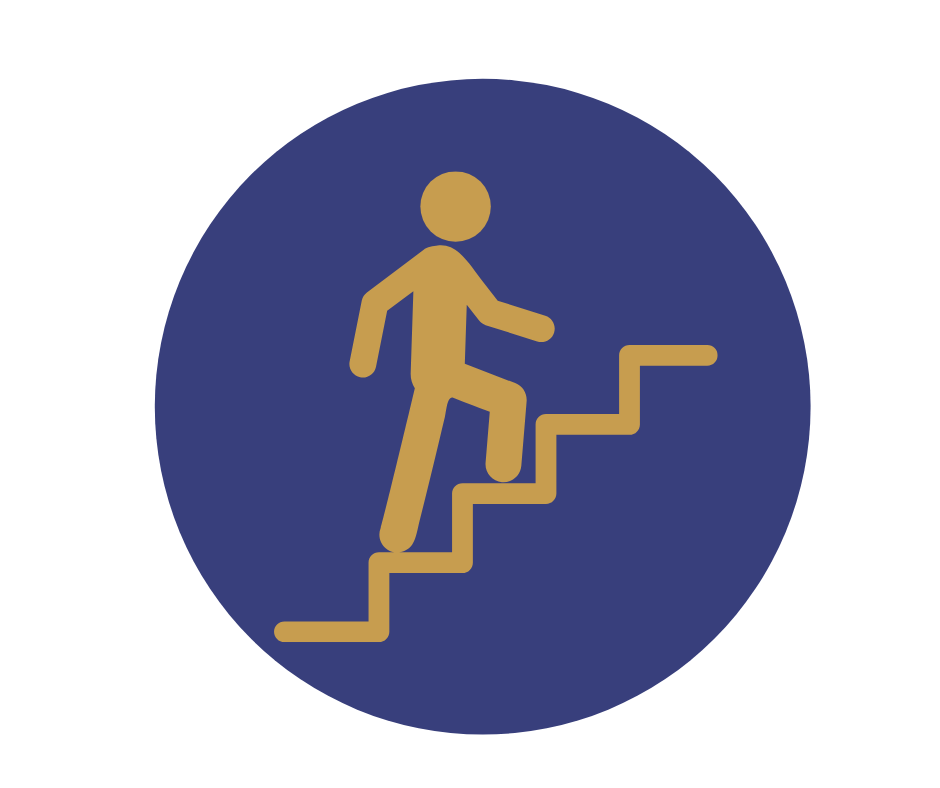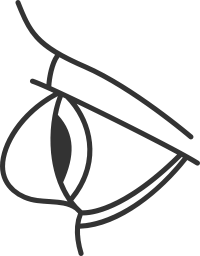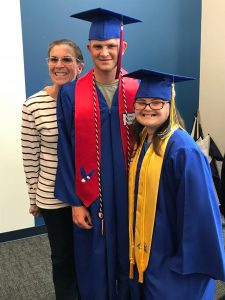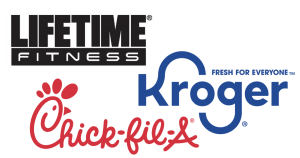Transition to Adulthood

FREE Webinar – Transition from Pediatric to Adult Healthcare
Presented by Annie Schmidt of Got Transition and NSDC’s Tamara Pursley. This session provides resources to ensure a smooth transition for both parents and self-advocates.
During childhood, you usually help with health and health care needs—calling to set up appointments, filling out forms, and keeping track of medications. As your youth gets older, managing those needs becomes their own responsibility. Achieving this independence requires an organized transition process for them to gain independent health care skills, prepare for an adult model of care, and transfer to new clinicians.
Got Transition® is the federally funded national resource center on health care transition (HCT). Its aim is to improve the transition from pediatric to adult health care through the use of evidence-driven strategies for clinicians and other health care professionals; public health programs; payers and plans; youth and young adults; and parents and caregivers. NDSC’s Tamara Pursley serves on their National Family Health Care Transition Advisory Group, helping to develop their Healthcare Transition Toolkit.
Visit Got Transition’s Website
AAP Health Care Information for Families
You can print a checklist for your child’s age, to take with you to your pediatrician here:
You can also print the Down Syndrome Growth Charts, updated by the CDC in November 2015:
Eye problems and vision disorders are especially common in individuals with Down syndrome.
What is keratoconus?
Keratoconus, often referred to as “KC”, is an eye condition in which the cornea weakens and thins over time, causing the development of a cone-like bulge and optical irregularity of the cornea. Keratoconus can result in significant visual loss and may lead to corneal transplant in severe cases. Although somewhat rare in the general population, KC affects between 5–15% of people with Down syndrome and can impact their ability to function at their highest level.


For more on KC, visit Ages & Stages – Tweens & Teens
Currently, over 270 colleges and universities open their doors to students with intellectual and developmental disabilities.
Think College is a highly recommended website by many organizations including the NDSC. They have extensively organized all the post secondary education programs throughout the country by state. Through their college search tab, you can locate post secondary programs within your area for your loved one.

Scholarship and Grants
Ruby’s Rainbow is a 501(c)(3) non-profit organization inspired by a little girl named Ruby who was born with an unexpected, 21st chromosome. Finding out she had Down syndrome did not change her family’s expectations for her future, and they vowed to give her every opportunity they could to learn, grow, flourish and become an important contributor to society and the community.
UpsforDowns also has scholarships for individuals seeking higher education. Katie MacDonald Memorial Scholarships One $1,500 scholarship will be awarded to individuals with Down syndrome who are pursuing educational or job training opportunities beyond high school.
One $1,500 scholarship will be awarded to individuals who are pursuing a junior college, undergraduate, or graduate degree.
Finding a Family Services Social worker in your area is the best place to start when finding an inclusive employer. Start by visiting The National Association of State Directors of Developmental Disabilities Services website and find your local agency to help with a job search.
Once you have found your local agency you may have to locate your regional agency based on your location in your state. Reach out to your agency and they can get you in contact with someone who can better help asset you in finding a local inclusive employer.

Kroger, Chick-fil-a, and Lifetime Fitness are all inclusive employers.
